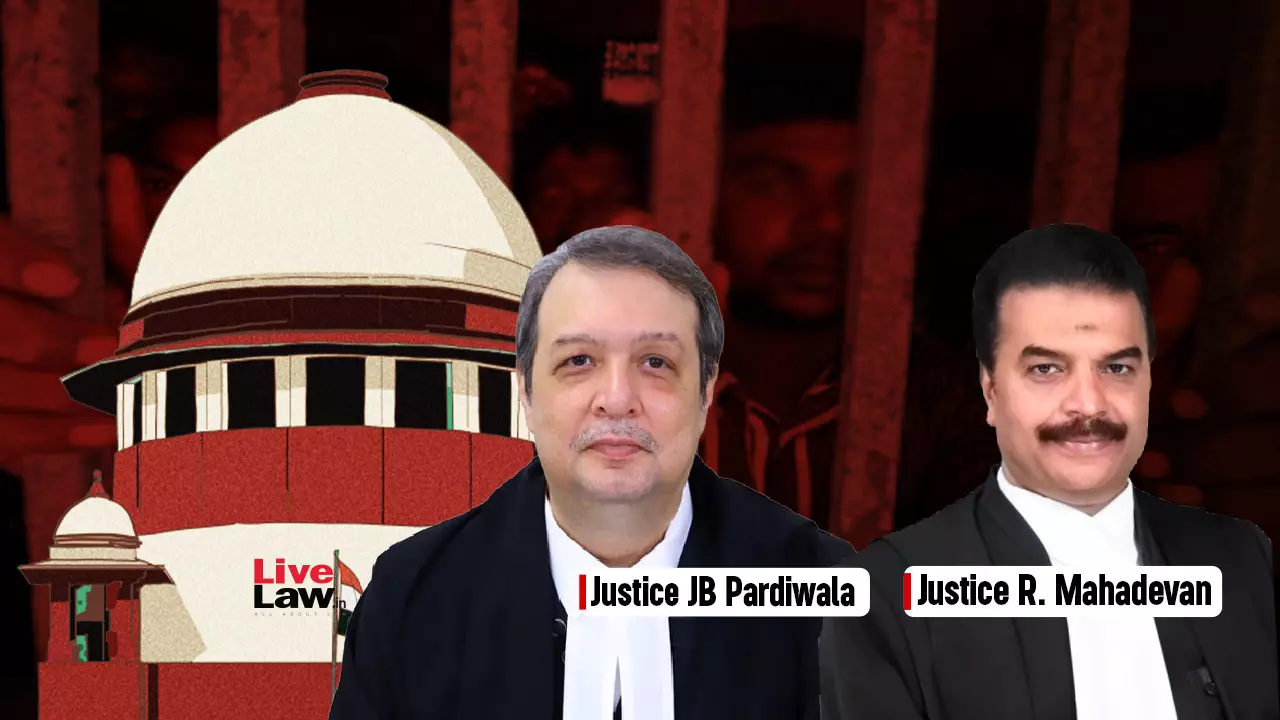The Supreme Court recently observed that though an authority has inherent power to blacklist a contractor, such power must be exercised on a reasonable ground. It also observed that even at the stage of issuing a show cause notice, the guiding principles laid by the Court should be followed. “Therefore, the Authority is expected to be very careful before issuing a show cause notice....

